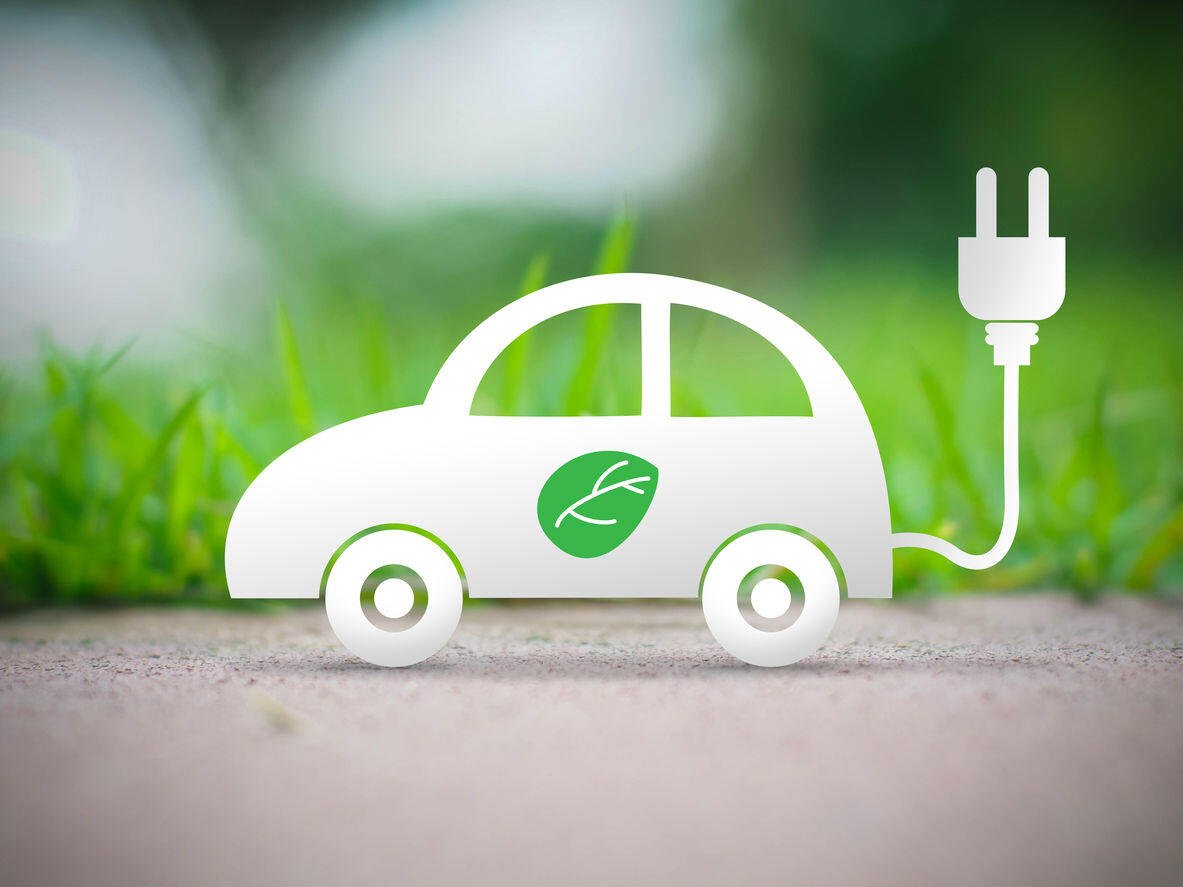Written by Mattie Brignal,
Electric cars risk becoming effectively uninsurable as analysts struggle to put a price on battery repairs, the researcher for the car insurance industry has said
Jonathan Hewett, chief executive of Thatcham Research, the motor insurers’ automotive research centre, said a lack of “insight and understanding” about the cost of repairing damaged electric car batteries was pushing up premiums and resulting in some providers declining to provide cover altogether.
Electric cars can be particularly expensive to repair, costing around a quarter more to fix on average than a petrol or diesel vehicle.
Experts have previously warned electric vehicles are being written off after minor bumps because of the cost and complexity of fixing their batteries.
Mr Hewett said:
“The challenge is that we have no way of understanding whether the battery has been compromised or damaged in any way.
The threat of thermal runaway means that a catastrophic fire can take place if the cells of the battery have been damaged in a collision.
What we’re struggling to understand at the moment is how we approach that diagnostic technique.
It’s like a doctor trying to understand what’s wrong with you without any notes or an X-ray.”
John Lewis Financial Services stopped providing car insurance for electric cars last month for new and existing customers, as its underwriter Covéa analysed risks and costs.
Aviva removed insurance products for the Tesla Model Y earlier this year before restoring them several months later.
Vehicle repair costs rose 33pc over the first quarter of 2023 compared to 2022, helping to push annual premiums to record highs, according to the Association of British Insurers.
Average electric car insurance costs rose 72pc in the year to September, compared to 29pc for petrol and diesel models, according to Confused.com.
Mr Hewett said premiums would eventually begin to level out and match those of petrol and diesel cars once actuaries had the tools needed to better understand the risks of insuring electric cars, saying the issue would likely be “short term”.
However, he added:
“The battery is an extremely expensive component of an electric vehicle and until we find efficient ways of dealing with it we have the challenge of high premiums for electric vehicles, which nobody wants.”
Some customers are now being quoted over £100 a week to insure their electric vehicles, with others reporting premiums doubling or tripling compared to a year before.
One reason attributed to the steep rise in the cost of electric car repairs stems from recommendations for electric cars to be kept 50ft apart in repair yards over fears they might explode.
Government guidelines suggest electric vehicles with damaged batteries should be “quarantined” from other cars due to the risk of battery fires, which are typically harder to put out than fires in petrol or diesel cars.
The London Fire Brigade has warned that fires involving lithium batteries are the fastest-growing fire risk in London, after it was called out to 87 e-bike and 29 e-scooter fires in 2022.
Paris’s transport operator withdrew 149 electric buses from operation last year after two ignited on separate occasions.
The website Tesla-Fire.com lists 25 reports of Teslas catching fire globally since the beginning of 2023.
Thatcham Research said insurers would need to spend an additional £900m a year on quarantine facilities for damaged cars as a result of the safety measures by 2035, as more battery-powered vehicles take to the roads, with the changes forecast to add £20 a year onto all car insurance premiums.
Conservative MP Greg Smith, who sits on the Commons transport committee, said:
“[The lack of battery diagnostics] is yet another reason why electric vehicles aren’t remotely suitable for the mass market yet and why we should be looking to other technologies, like synthetic fuels and hydrogen, that will be more reliable and friendly to the planet.”
Source: telegraph.co.uk
Disclaimer: We at Prepare for Change (PFC) bring you information that is not offered by the mainstream news, and therefore may seem controversial. The opinions, views, statements, and/or information we present are not necessarily promoted, endorsed, espoused, or agreed to by Prepare for Change, its leadership Council, members, those who work with PFC, or those who read its content. However, they are hopefully provocative. Please use discernment! Use logical thinking, your own intuition and your own connection with Source, Spirit and Natural Laws to help you determine what is true and what is not. By sharing information and seeding dialogue, it is our goal to raise consciousness and awareness of higher truths to free us from enslavement of the matrix in this material realm.
 EN
EN FR
FR



























Ok tired of everything we do to HELP,ourselves always causes cancer or finds another way of killing us in twenty years!Only now I think we have that down to six months!I guess that is the only progress that we have ever been allowed to acheive,YAY!!!What if we just learned to run these damn things on a continuous flow,instead of trying to store energy?Think solar panels built into the vehicle,think of wireless transmission(send the energy to the vehicle),think zero point energy(pulling the desired amount of energy straight out of the atmosphere as needed,think of the ability to change ANYTHING into molecules(into energy),think how we can already do that by turning cells back into stem cell and then using them as needed?!?!It would seem to me that we already have lots of answers,we just have to stop suing long enough to focus on some!WAKE UP PLEASE!